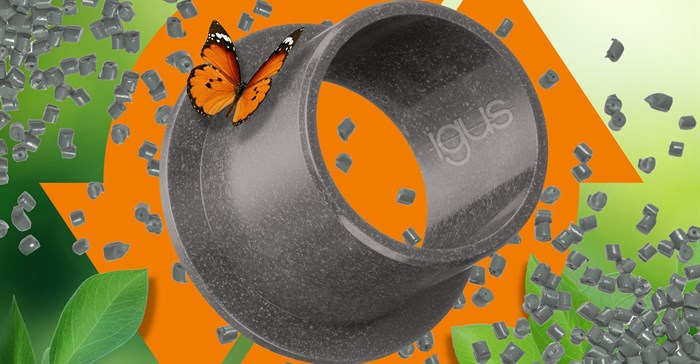
Top stories






More news













Logistics & Transport
Uganda plans new rail link to Tanzania for mineral export boost












The bearing is specifically designed for machines that frequently interact with chemicals. It is anticipated to find applications in a variety of sectors, including agitators, laboratory mills, filtration devices, and car washes.
It is designed to withstand a maximum recommended surface pressure of 50MPa at room temperature and operates efficiently between -40°C and 100°C. In line with igus’s high standards, the bearing does not require external lubrication with oil or grease, enhancing its practicality.
Commenting on the development, South Africa’s product manager responsible for bearings, Juan-Eric Davidtz adds, “Our in-house laboratory tests show that plain bearings made of regranulate provide almost the same performance as the conventional iglidur P210 series. They are similarly resistant to edge pressure, shocks and impacts with only slight concessions.”
The ECO P210 is the fifth product in the iglide ECO family. Other materials available include ECO H, ECO P, ECO G, and ECO A180. According to igus, all ECO materials consist of at least 97% recycled plastic.
ECO was developed as part of the igus sustainability strategy. Among other things, igus shows the CO₂ footprint of best-selling iglide materials. This enables customers to compare and select the bearing with the lowest CO₂ footprint.
Igus is striving to transform the classic linear plastics economy into a sustainable circular economy. To this end, it not only recycles but also invests in innovative technologies, such as those from Mura Technology, a British company developing a process to turn plastic back into crude oil using only water, high temperatures, and pressure.